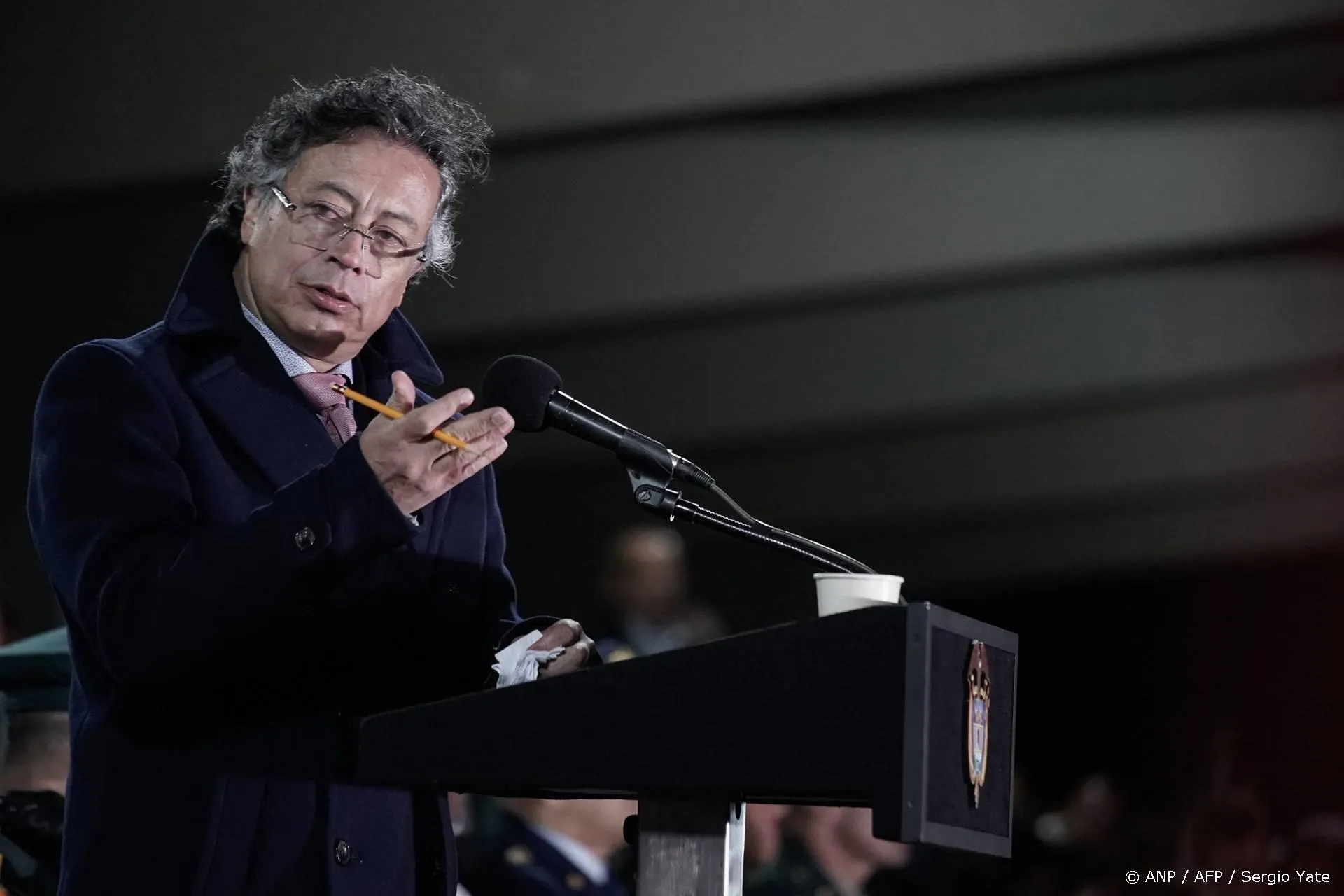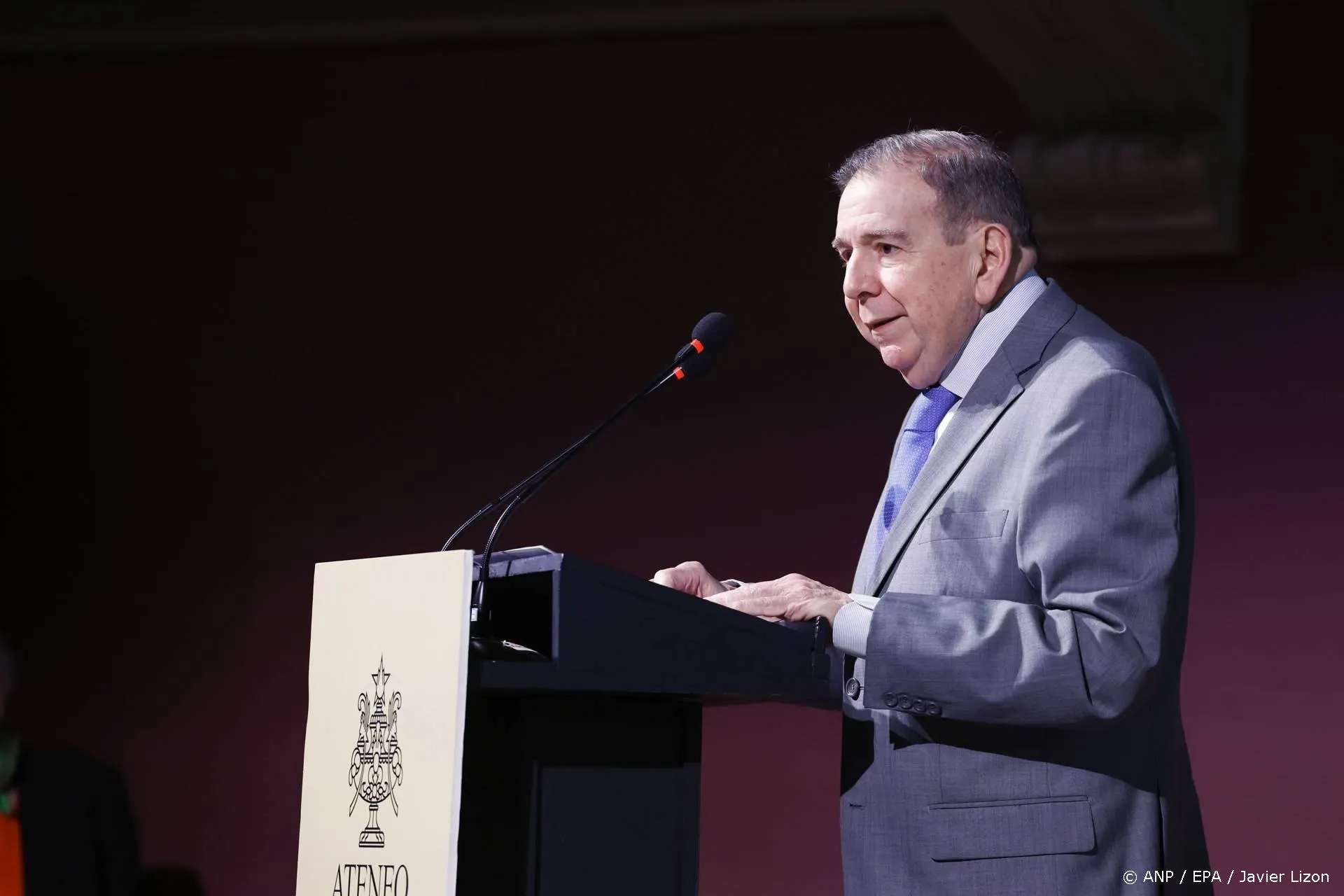Russische wetenschappers verwachten afkoeling
Dat is vloeken in de kerk voor het VN-Klimaatpanel (IPCC).
Onder de titel, 'Cooling in the Arctic: what to expect?', rapporteerde Oleg Nekhai voor 'The Voice of Russia':
Global warming which has been the subject of so many discussions in recent years, may give way to global cooling. According to scientists from the Pulkovo Observatory in St.Petersburg, solar activity is waning, so the average yearly temperature will begin to decline as well. Scientists from Britain and the US chime in saying that forecasts for global cooling are far from groundless.
Some experts warn that a change in the climate may affect the ambitious projects for the exploration of the Arctic that have been launched by many countries. Just recently, experts said that the Arctic ice cover was becoming thinner while journalists warned that the oncoming global warming would make it possible to grow oranges in the north of Siberia. Now, they say a cold spell will set in. Apparently, this will not occur overnight, Yuri Nagovitsyn of the Pulkovo Observatory, says. ...
"Evidently, solar activity is on the decrease. The 11-year cycle doesnt bring about considerable climate change only 1-2%. The impact of the 200-year cycle is greater up to 50%. In this respect, we could be in for a cooling period that lasts 200-250 years. The period of low solar activity could start in 2030-2040 but it wont be as pervasive as in the late 17th century".
Even though pessimists say global cooling will hamper exploration of the Arctic, experts say it wont. Climate change and the resulting increase in the thickness of the Arctic ice cover pose no obstacles to the extraction of oil and gas on the Arctic shelf. As oil and gas reserves of the Arctic sea shelf are estimated to be billions of tons, countries are demonstrating more interest in the development of the Arctic. Climate change will also have no impact on the Northern Sea Route, which makes it possible to cut trade routes between Europe, Asia and America.
Professor Igor Davidenko comments. "The Northern Sea Route has never opened so early or closed so late over the past 30 years. Last year saw a cargo transit record more than five million tons. The first Chinese icebreaker sailed along the Northern Sea Route in 2012. China plans it to handle up to 15% of its exports". As Russia steps up efforts to upgrade its icebreaker fleet, new-generation icebreakers are set to arrive in the years to come. No climate changes will thus be able to impede an increase in shipping traffic via the Northern Sea Route.
Lees verder hier.
Van hetzelfde laken en pak, rapporteerde Vladimir Radyuhin onder de titel, 'A freezing Russian spring has reignited the climate change debate', in 'The Hindu':
March in Russia saw the harshest frosts in 50 years, with temperatures dropping to 25° Celsius in central parts of the country and 45° in the north. It was the coldest spring month in Moscow in half a century. ...
Russia is famous for its biting frosts but this year, abnormally icy weather also hit much of Europe, the United States, China and India. ...
Britains Met Office in December said that global warming would take a vacation in coming years. It scaled back by 20 per cent its earlier projected rise in global temperatures through 2017. The readjusted forecast means that there will have been no global warming for two decades since the record warm year of 1998. The new prediction was all the more significant as it came from the British meteorological establishment, a fiery champion of man-made global warming, blamed on rising industrial discharges of greenhouse gases, especially carbon dioxide or CO2. Critics have long accused the British Met Office of politicised bias in favour of the anthropological global warming theory. ...
Three years ago the Met Offices Hadley Centre for Climate Prediction and Research was hit by a climategate scandal when hackers released hundreds of private emails in which British climatologists appeared to discuss doctoring temperature figures to show relentless global warming and silencing dissenting scientists. The revised temperature forecast from British meteorologists bolstered the case of man-driven climate change sceptics among Russian scientists. There are no grounds to claim that global warming will continue till the end of this century, said academician Vladimir Kotlyakov, head of the Institute of Geography at the Russian Academy of Sciences. Early signs of cooling are already there and the trend may pick up in coming years.
Human activity and industrial discharges do have a great impact on environment, but forces of nature are far more powerful, said the scientist, who has studied Antarctic ice cores that are hundreds of thousand years old. Climate moves in natural cycles of warmer and colder, drier and more humid times. ...
The past cold winter of course has nothing to do with climatic changes that occur over decades-long periods, said Dr. Yuri Nagovitsyn, academic secretary of the Pulkovo Observatory near St. Petersburg. But our forecast is that [the] next generations will have to grapple with temperatures several degrees lower than those we have today.
While long-term climate change remains a hotly debated issue, the no-warming forecast for the next five years from the British Met Office is good news for Dr. Vladimir Bashkirtsev, who together with a fellow solar physicist made a $10,000 bet in 2005 with climate-warming enthusiast James Annan of Japans Research Institute for Global Change (RIGC). The Russian scientists will win if average world temperatures for 2012-2017 are at least 0.01°C lower than they were in 1998-2003.
Zie verder hier.
Zoals mijn trouwe lezers weten, heb ik een soortgelijke weddenschap afgesloten met Bart Strengers van het Planbureau voor de Leefomgeving (PBL), zij het niet voor $10.000 maar een flesje wijn. Hoewel de gemiddelde wereldtemperatuur de laatste jaren vrij stabiel is, heb ik nog steeds goede hoop op een positief resultaat voor mij. Maar het spant erom!
Radicale aanhangers van de menselijke broeikashypothese, inclusief respondenten op dit blog, blijven maar volhouden dat de Russische Academie van Wetenschappen zich achter AGWhypothese (AGW = 'Anthropogenic Global Warming') zou hebben geschaard. Maar dat valt toch moeilijk te rijmen met de geluiden die we thans horen. Het klopt ook niet met het feit dat de Russen welkome bezoekers zijn van de klimaatkritische conferenties van het Amerikaanse HeartlandInstituut. Dat geldt voor Habibullo Abdussamatov (astrofysicus en directeur van het Pulkovo Observatorium in St. Petersburg), Yuri Israel (directeur van het 'Global Climate and Ecology Institute' in Moskou en voormalig vicevoorzitter van het IPCC) en Andrei Illarionov (voormalig economisch adviseur van president Poetin).
Voor mijn eerdere DDS-bijdragen, zie hier
Ga verder met lezen
Dit vind je misschien ook leuk
Laat mensen jouw mening weten
Lees ook
Loading


